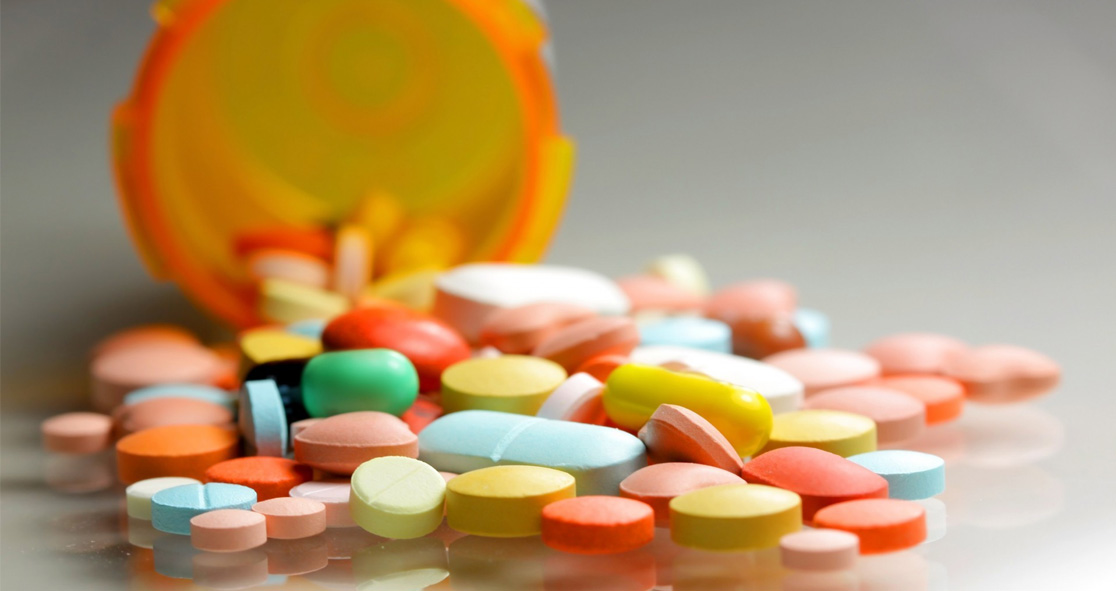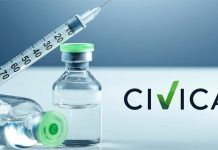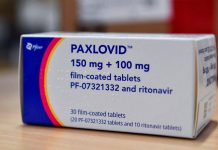Switching to a generic medicine when appropriate for your medical condition can save you money. Generic drugs are nearly 80 to 85% cheaper than brand-name drugs. But, is it safe to take a generic medicine?
Generic medications are nothing but copied versions of brand-name drugs that have exactly the same active ingredient, intended use, dosage, route of administration, and even side effects. In other words, generic medicines are bioequivalent to brand-name drugs with the same pharmacological effects.
For example, a generic drug used for erectile dysfunction is sildenafil but a brand name for sildenafil is Viagra. A generic drug used for high blood pressure is metoprolol but a brand name for the same drug is Lopressor.
More often than not, people have concerns over using a generic medicine because of its substantially cheaper price than the brand-name version. They have doubts about the quality and efficacy of generic drugs because of their inexpensiveness.
It is important to know that the U.S. Food and Drug Administration (FDA) requires all generic drugs to be as safe and effective as their brand-name counterparts. And to ensure that, the agency scrutinizes all generic medicines through a thorough review process.
A generic drug manufacturer’s plant should meet the same high standards as a plant for a brand-name drug, according to the FDA. The agency conducts nearly 3,500 on-site inspections each year to ensure the plants follow the standard protocols and regulations.
A generic medicine is cheaper because its manufacturer did not have to spend money on developing and marketing a new drug. On the other hand, a manufacturer that develops a brand new drug has to spend a substantial amount of money on research, development, marketing, and promotion.
Once the patent on the brand-name drug expires, other manufacturers can submit their applications to the FDA for permission to make generic versions of the brand drug.
So there is a great involvement of the FDA when it comes to generic medicines, which means it is safe to use a generic drug approved by the agency but only after speaking with a doctor.
Before switching to a generic medicine, it is important to consult with your doctor and make sure you as well as your doctor are comfortable with the change, according to VeryWell Health.
Despite the fact that generic medications are bioequivalent to brand-name counterparts, studies have found a few differences that could affect how generic drugs work in your body. One of the reasons could be the different inactive ingredients.
For instance, a Canadian study published in 2017 in the journal Circulation: Cardiovascular Quality and Outcomes found that some patients who took generic versions of three different blood pressure medications in the months after the generic drugs became available saw increased rates of drug-related side effects, according to Harvard Health Publishing, Harvard Medical School.
The researchers of the study said this might suggest performance differences between generic and brand-name drugs.
Dr. Niteesh Choudhry of Harvard Medical School said prior research has found little difference between generic and brand-name medicines, and there could be other factors responsible for affecting the results.
“In addition, generic medications can play an important role in reducing health care costs and improving access to care,” he said.
Many researchers are still looking into the performance of generic drugs, but most studies have shown that taking a generic medicine not only provides you with a medicine that is as effective as the branded one but also saves you money. Having said that, if you want to switch to a generic medicine, seek your doctor’s approval first. And if you have already switched to a generic medicine and experience any new or troublesome symptoms, see your doctor immediately.























